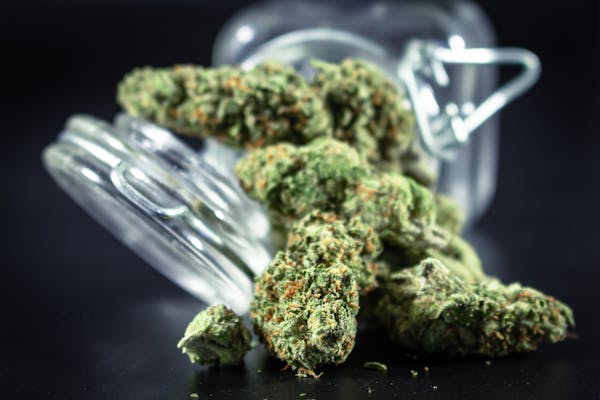Is THCa Flower Legal? Exploring State and Federal Laws
The legal status of THCa flower is a topic of growing interest as more people explore the potential benefits of cannabis products. THCa, or tetrahydrocannabinolic acid, is a non-psychoactive compound found in raw cannabis plants. When heated, THCa converts to THC, the compound responsible for the psychoactive effects of cannabis. This article examines the legal landscape surrounding THCa flower from indacloud.co at both state and federal levels, providing insights into its current status and future implications.
Understanding THCa and Its Uses
THCa is often found in raw cannabis and is known for its potential therapeutic benefits. Unlike THC, THCa does not produce a high, making it an attractive option for those seeking the medicinal properties of cannabis without the psychoactive effects. Some potential benefits of THCa include:
- Anti-inflammatory properties
- Neuroprotective effects
- Anti-emetic (anti-nausea) benefits
- Potential anti-cancer properties
These benefits have led to increased interest in THCa products, including THCa flower, which is consumed in its raw form or used in various preparations.
Federal Laws Governing THCa
At the federal level, cannabis remains classified as a Schedule I controlled substance under the Controlled Substances Act. This classification includes all parts of the cannabis plant, as well as its derivatives and extracts. However, the 2018 Farm Bill introduced a significant change by legalizing hemp, defined as cannabis with less than 0.3% THC on a dry weight basis. This legislation has created a gray area for THCa, as it is not explicitly mentioned in the bill.
Since THCa is non-psychoactive and found in raw cannabis, some argue that it should not be classified under the same restrictions as THC. However, the potential for THCa to convert to THC when heated complicates its legal status. The federal government has yet to provide clear guidance on THCa, leaving its legality open to interpretation.
State Laws and THCa Flower
State laws regarding cannabis vary widely, with some states fully legalizing cannabis for recreational and medicinal use, while others maintain strict prohibitions. This patchwork of regulations affects the legality of THCa flower across the United States.
States with Legal Cannabis
In states where cannabis is legal for recreational use, such as California, Colorado, and Oregon, THCa flower is generally available for purchase. These states have established regulatory frameworks that allow for the sale and consumption of various cannabis products, including those containing THCa.
States with Medical Cannabis Programs
In states with medical cannabis programs, the availability of THCa flower depends on the specific regulations governing medical cannabis. For example, in Florida, patients with qualifying conditions can access a range of cannabis products, including those high in THCa. However, the sale and use of these products are restricted to registered patients and caregivers.
States with Strict Cannabis Prohibitions
In states where cannabis remains illegal, such as Idaho and Nebraska, the sale and possession of THCa flower are generally prohibited. These states have not adopted any form of cannabis legalization, leaving residents without legal access to THCa products.
Case Studies: THCa Flower in Practice
Examining specific cases can provide a clearer picture of how THCa flower is treated under different legal frameworks. In California, where cannabis is fully legal, THCa flower is marketed as a wellness product, appealing to consumers seeking non-psychoactive options. Retailers often highlight its potential health benefits and offer it alongside other cannabis products.
In contrast, in states like Texas, where only low-THC cannabis is permitted for medical use, THCa flower is not widely available. The state’s Compassionate Use Program allows for the use of cannabis oil with low THC content, but raw cannabis products, including THCa flower, remain restricted.
Future Implications and Considerations
The evolving legal landscape for cannabis suggests that the status of THCa flower may change in the coming years. As more research emerges on the benefits of THCa and public opinion shifts, lawmakers may reconsider its classification. Additionally, federal legalization efforts could provide clarity on the status of THCa and other non-psychoactive cannabis compounds.
Consumers interested in THCa flower should stay informed about the laws in their state and any changes at the federal level. Engaging with local advocacy groups and staying updated on legislative developments can help individuals navigate the complex legal environment surrounding cannabis products.
Conclusion
The legal status of THCa flower is a complex issue influenced by both state and federal laws. While some states have embraced cannabis legalization, others maintain strict prohibitions, affecting the availability and legality of THCa products. As the conversation around cannabis continues to evolve, the future of THCa flower remains uncertain. Staying informed and engaged with ongoing legislative efforts will be key for those interested in the potential benefits of THCa.
